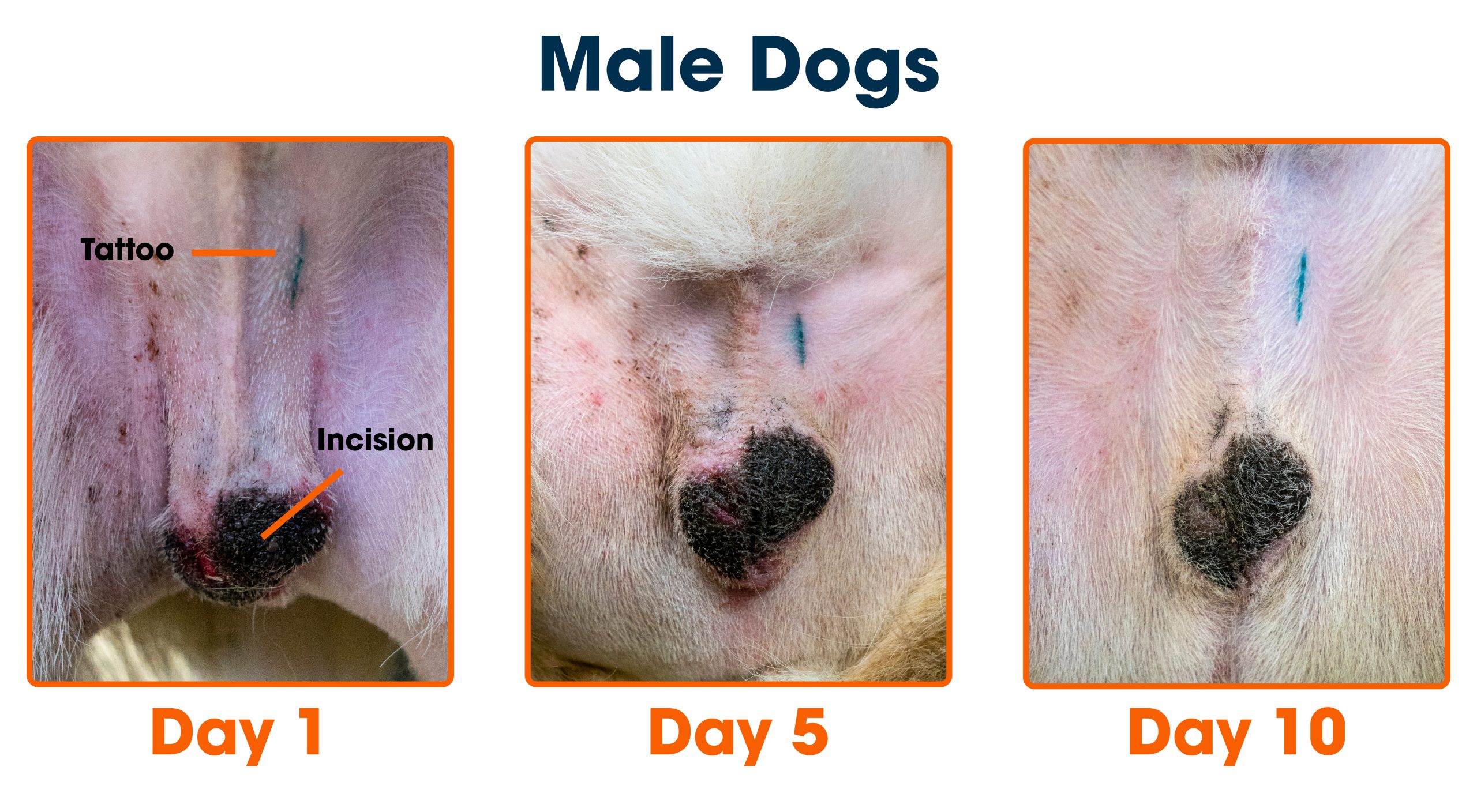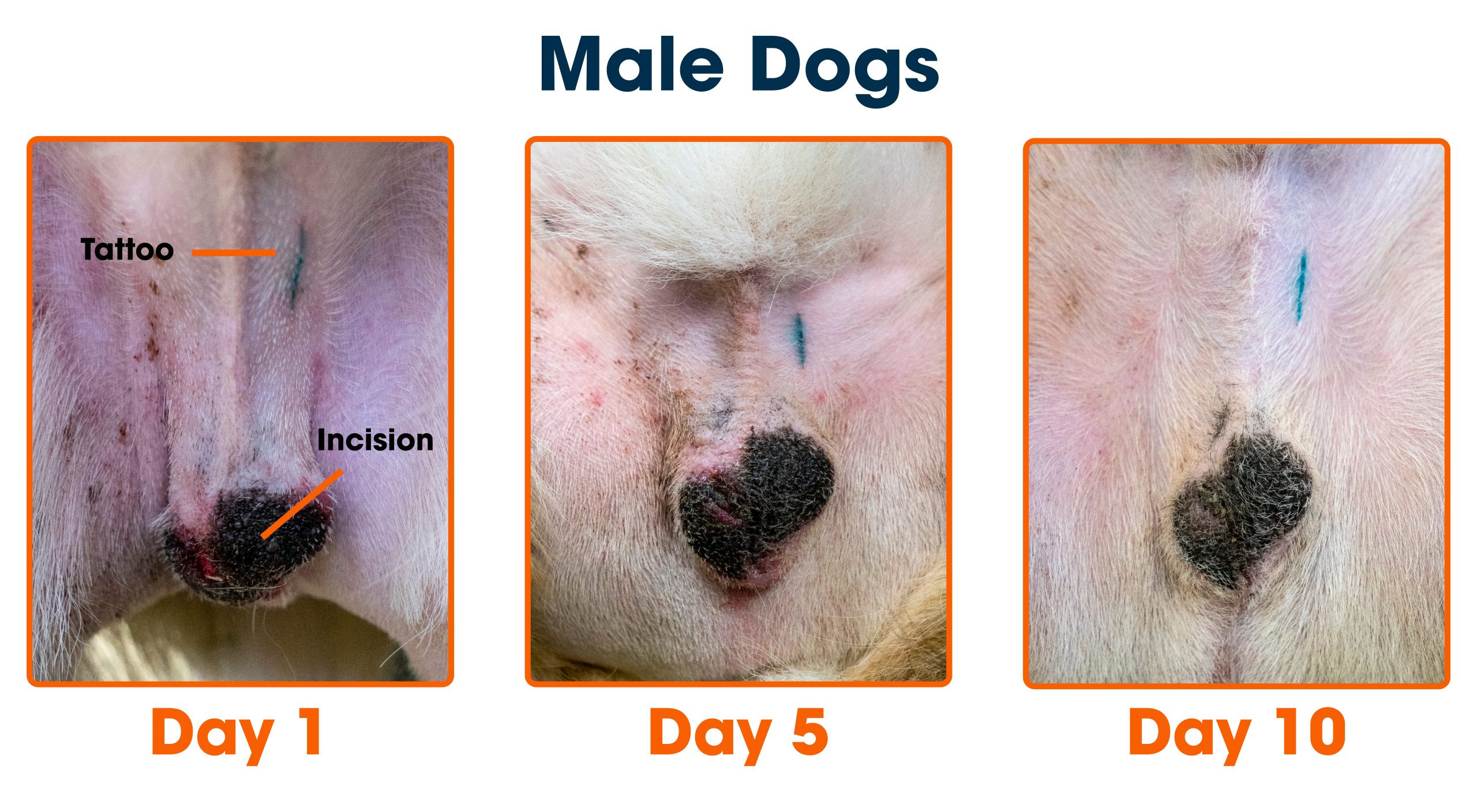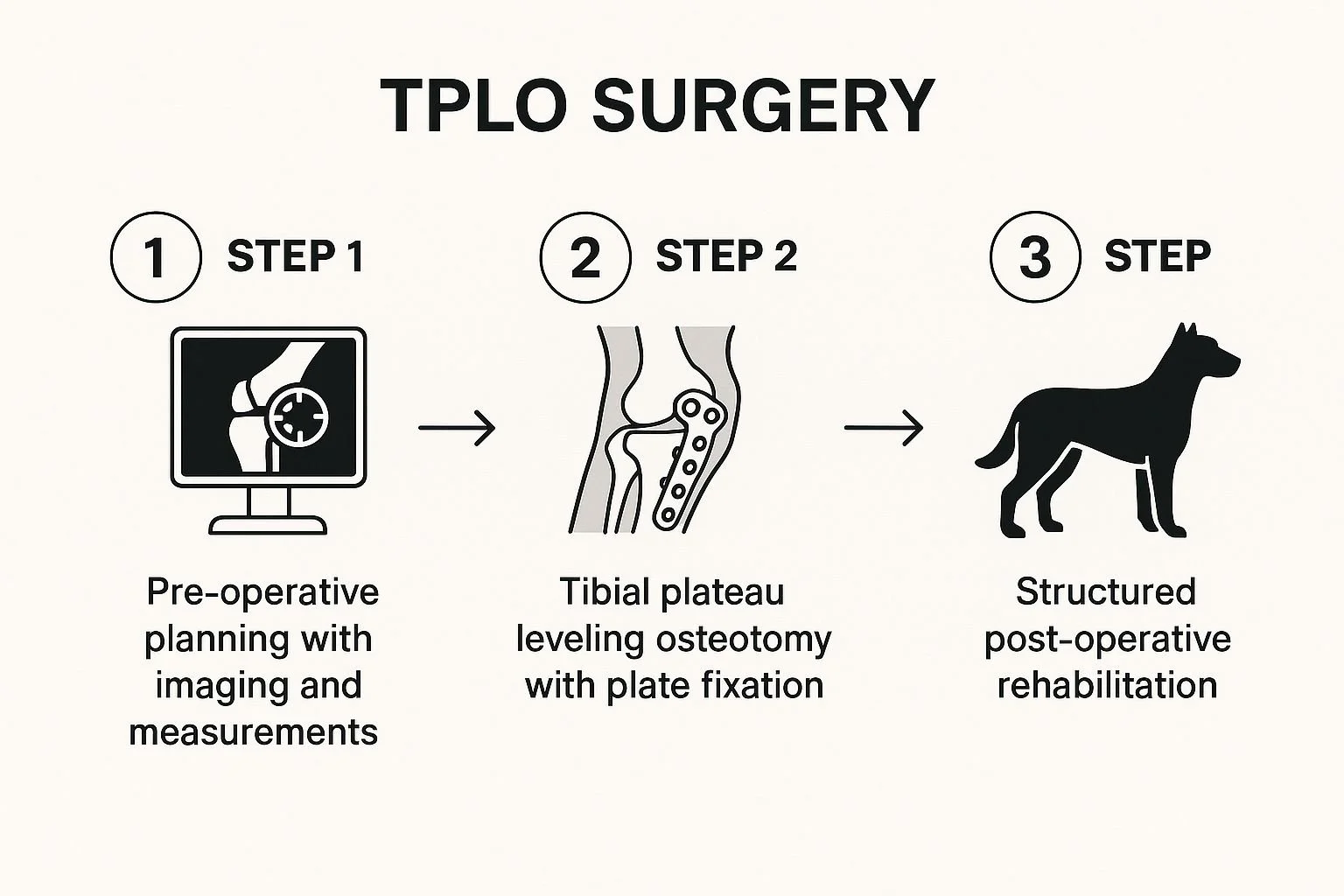Are you looking for an emotional support dog but worried about allergies? Finding the best hypoallergenic emotional support dog can make a huge difference in your comfort and well-being.
Imagine having a loyal companion who not only lifts your spirits but also won’t trigger your allergies. You’ll discover the top breeds that fit this need perfectly. Keep reading to find out which dog could become your perfect, allergy-friendly emotional support partner.
Hypoallergenic Traits In Support Dogs
Emotional support dogs help many people with anxiety and stress. Choosing a hypoallergenic dog is important for those with allergies.
Hypoallergenic dogs shed less and produce fewer allergens. This makes them better for allergy sufferers.
Why Hypoallergenic Dogs Matter
Many people who need emotional support dogs also have allergies. Regular dogs can trigger sneezing and itching.
Hypoallergenic dogs reduce allergy problems. They allow people to enjoy comfort without health issues.
Common Allergens In Dog Breeds
Dog allergens come from dander, saliva, and urine. Dander is tiny skin flakes that spread in the air.
Some breeds shed more dander and hair. These dogs cause stronger allergy reactions.
- Breeds with thick coats often shed more dander
- Dogs that shed less release fewer allergens
- Saliva and urine also contain proteins that cause allergies
How Hypoallergenic Dogs Help Allergy Sufferers
Hypoallergenic dogs have hair that grows slowly and sheds less. This lowers the amount of dander in the home.
These dogs need regular grooming to keep allergen levels low. They help allergy sufferers stay comfortable.
- Reduced shedding means fewer airborne allergens
- Less dander lowers allergy symptoms
- Regular grooming removes loose hair and dander
- Better air quality helps people breathe easier
Emotional Support Dogs And Their Role
Emotional support dogs help people with mental health challenges feel calm. They offer comfort during stress or anxiety.
These dogs do not need special training like service dogs. Their presence alone helps improve emotional well-being.
Benefits Of Emotional Support Dogs
Emotional support dogs reduce feelings of loneliness and anxiety. They provide a sense of safety and companionship.
They encourage physical activity through walks and play. This helps improve mood and lowers stress levels.
- Decrease anxiety and depression symptoms
- Offer comfort in stressful situations
- Improve social interaction and reduce isolation
- Help maintain a daily routine
Legal Protections And Rights
Emotional support dogs have some legal protections. They can live with their owners in housing that usually bans pets.
Airlines may allow emotional support dogs to fly with their owners. Rules vary, so check policies before travel.
- Fair Housing Act allows ES dogs in no-pet housing
- Air Carrier Access Act may allow ES dogs on planes
- Documentation from a licensed mental health professional is required
- ES dogs do not have full public access rights like service dogs
Difference Between Service And Support Dogs
Service dogs are trained to perform specific tasks for a disability. Emotional support dogs provide comfort but do not have special training.
Service dogs have full access to public places. Emotional support dogs have limited rights and usually stay in private spaces.
- Service Dogs:Trained for tasks like guiding or alerting
- Emotional Support Dogs:Provide comfort without task training
- Service Dogs:Allowed in public places under law
- Emotional Support Dogs:Limited access, mainly housing and travel
Top Hypoallergenic Emotional Support Dog Breeds
Emotional support dogs help reduce anxiety and stress. Some breeds are better for allergy sufferers.
Hypoallergenic dogs shed less and cause fewer allergic reactions. Here are top breeds to consider.
Poodle
Poodles have curly coats that trap hair and dander. They shed very little, making them allergy-friendly.
They are smart and easy to train. Poodles offer great emotional support through their loyal nature.
Bichon Frise
Bichon Frises have soft, curly fur that does not shed much. This breed is good for people with allergies.
They are cheerful and friendly dogs. Bichons are known to be gentle companions for emotional support.
Maltese
Maltese dogs have long, silky hair that sheds very little. They are one of the best hypoallergenic breeds.
This breed is loving and calm. Maltese dogs provide comfort and ease feelings of loneliness.
Shih Tzu
Shih Tzus have dense, hair-like coats that do not shed much. This helps reduce allergic reactions.
They are affectionate and enjoy being close to their owners. Shih Tzus offer strong emotional support.
Portuguese Water Dog
Portuguese Water Dogs have curly, water-resistant coats. They shed minimally and are good for allergy sufferers.
They are energetic and loyal. This breed helps with emotional well-being through active companionship.
Yorkshire Terrier
Yorkshire Terriers have fine, silky hair that sheds very little. They are suitable for people with mild allergies.
Yorkies are lively and loving pets. They provide comfort and reduce feelings of anxiety.

Credit: feathersandfleece.com
Choosing The Right Support Dog For You
Finding the best hypoallergenic emotional support dog can make a big difference in your life. It is important to choose a dog that fits your health and lifestyle needs.
Each person has different needs for allergy care, temperament, and daily activities. Understanding these factors helps you pick the right support dog.
Assessing Your Allergy Severity
Knowing how strong your allergies are helps you choose a dog that will not trigger reactions. Some dogs shed less and produce fewer allergens.
Talk to your doctor about your allergy level before picking a dog. You may need to spend time with different breeds to see how your body reacts.
- Test your allergy sensitivity with dogs in a controlled setting
- Choose breeds known for low shedding, such as Poodles or Bichon Frises
- Consider regular grooming to reduce allergens
Matching Temperament With Needs
Your support dog should have a calm and friendly personality that suits your emotional needs. Some dogs are more energetic while others are gentle and quiet.
Think about what kind of support you need. A dog that stays close and is easy to train works best for many emotional support cases.
- Look for breeds with gentle and calm behavior
- Choose dogs that respond well to training and socialization
- Consider your daily routine and how active your dog can be
Size And Lifestyle Considerations
Size matters when choosing a support dog. A large dog may need more space and exercise, while a small dog fits better in apartments.
Think about your lifestyle and how much time you have for walking and caring for your dog. Your living space also affects what size dog is best.
- Small dogs are easier to carry and manage indoors
- Larger dogs may offer more physical support but need more exercise
- Match the dog’s size to your home and activity level
Care Tips For Hypoallergenic Support Dogs
Hypoallergenic support dogs need special care to stay healthy and comfortable. Proper care helps reduce allergens and keeps your dog happy.
Taking care of these dogs involves grooming, health maintenance, and training. Each part is important for their role as emotional support animals.
Grooming To Reduce Allergens
Regular grooming lowers the amount of dander and loose hair. This helps reduce allergens in your home.
Use gentle brushes and bathe your dog often. Choose shampoos made for sensitive skin to avoid irritation.
- Brush your dog at least twice a week
- Give baths every 3-4 weeks
- Trim hair regularly to prevent matting
- Clean ears and eyes gently
Maintaining Dog Health And Wellbeing
Healthy dogs provide better emotional support. Keep your dog’s diet balanced and give regular exercise.
Visit the vet for check-ups and vaccinations. Watch for signs of allergies or illness and act quickly.
- Feed high-quality, hypoallergenic dog food
- Provide daily walks or playtime
- Schedule annual vet visits
- Monitor for skin or breathing issues
Training For Emotional Support
Training helps your dog stay calm and responsive. Teach basic commands and social skills early.
Practice gentle handling and positive reinforcement. This builds trust and strengthens your bond.
- Train commands like sit, stay, and come
- Socialize with people and other pets
- Use treats and praise for good behavior
- Keep training sessions short and fun

Credit: emotionalsupportanimal.com

Credit: www.wisconsindesignerdoodles.com
Frequently Asked Questions
What Makes A Dog Hypoallergenic?
Hypoallergenic dogs produce fewer allergens, making them suitable for allergy sufferers. They shed less dander and have lower levels of proteins that trigger allergies. Regular grooming and maintenance can further reduce allergens. Popular hypoallergenic breeds include Poodles, Maltese, and Bichon Frises.
These breeds are often recommended for those with allergies seeking an emotional support animal.
Why Choose A Hypoallergenic Dog For Emotional Support?
Hypoallergenic dogs are ideal for allergy sufferers needing emotional support. They provide companionship without triggering allergies, enhancing mental well-being. Their calm and affectionate nature makes them perfect emotional support animals. Breeds like Poodles and Labradoodles are known for their gentle temperament and strong bond with their owners.
Which Hypoallergenic Breeds Are Best For Support?
Top hypoallergenic breeds for support include Poodles, Maltese, and Labradoodles. These breeds are known for their affectionate nature and low allergen production. They form strong bonds with their owners, providing comfort and companionship. Their intelligence and trainability make them excellent emotional support animals for those in need.
Are Hypoallergenic Dogs Easy To Train?
Yes, many hypoallergenic dogs are easy to train. Breeds like Poodles and Labradoodles are known for their intelligence and eagerness to learn. Consistent training and positive reinforcement work well with these breeds. Their trainable nature makes them suitable as emotional support animals, providing comfort and companionship.
Conclusion
Choosing the best hypoallergenic emotional support dog takes thought and care. Small breeds with low-shedding coats often suit allergy sufferers best. These dogs offer comfort and companionship without causing allergic reactions. Remember, each person’s needs differ, so consider lifestyle and preferences.
Meeting a dog before adoption helps ensure a good match. Emotional support dogs can bring calm and joy every day. Finding the right one improves well-being and peace of mind. Start your journey with patience and an open heart.







